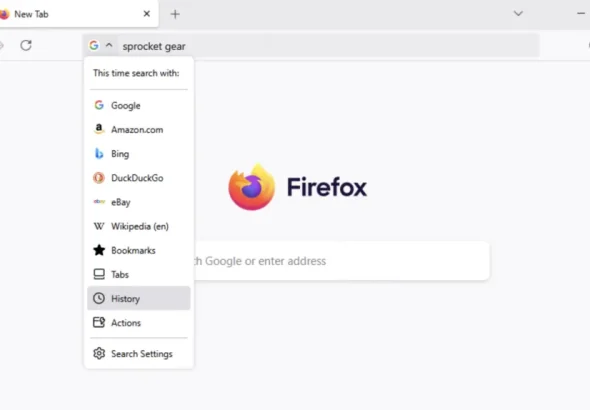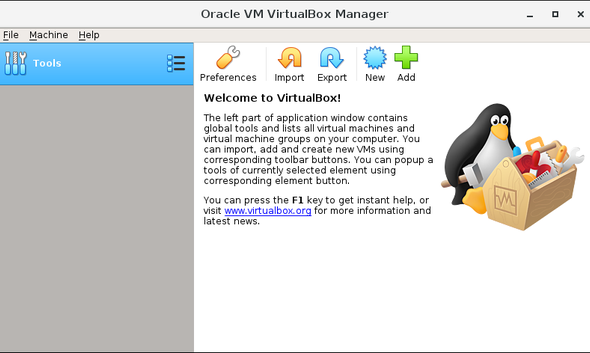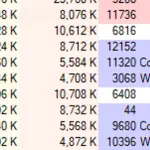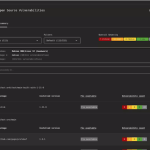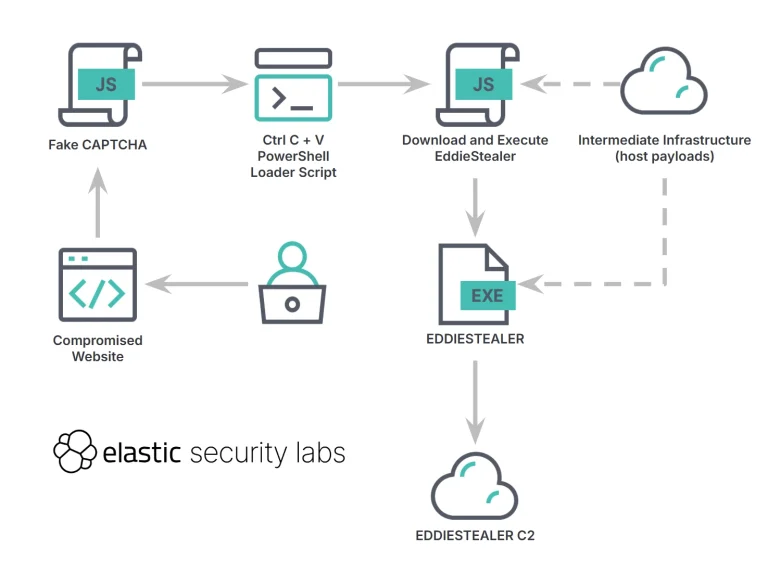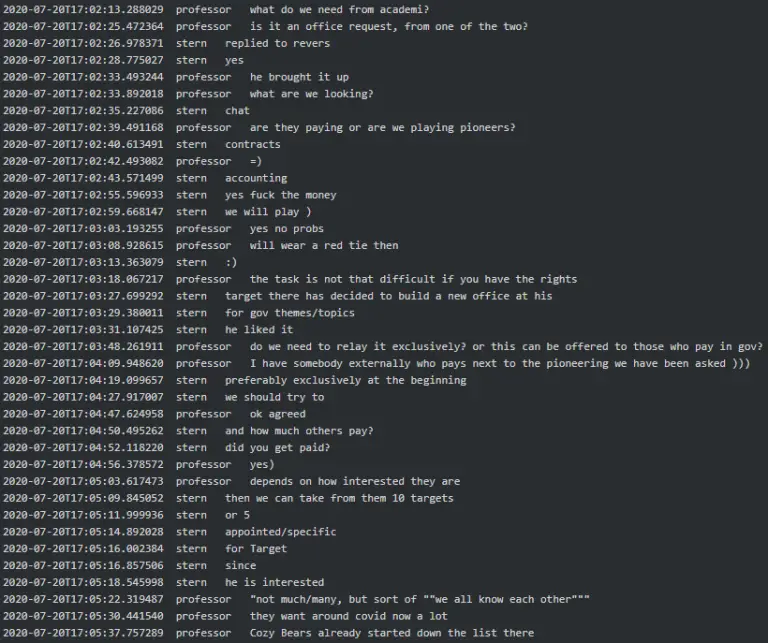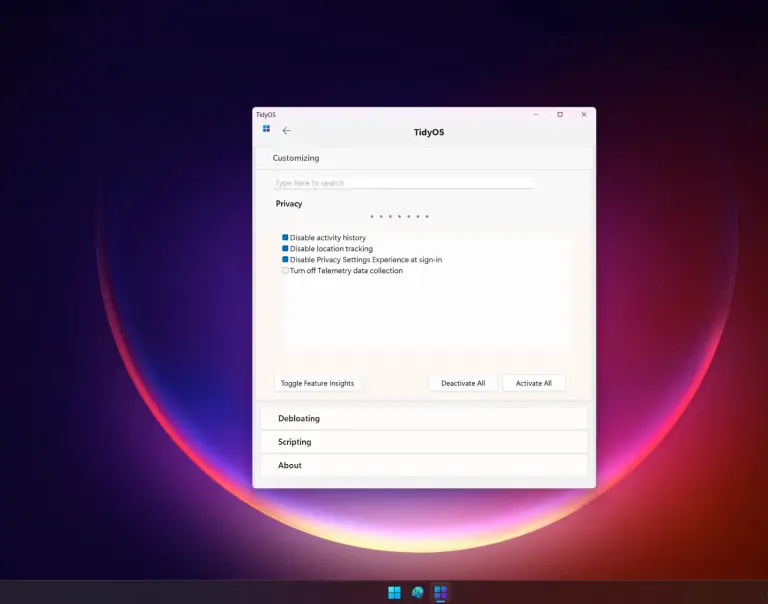Samsung has unveiled its latest flagship Smart Monitor, the M9, featuring a 32-inch 4K QD-OLED display and...
Automotive giant Volkswagen Group has unexpectedly appeared on a darknet leak site operated by the ransomware collective...
Linux 6.16 Revitalizes Confidential Computing with Major Trusted Security Manager (TSM) Enhancements


Linux 6.16 Revitalizes Confidential Computing with Major Trusted Security Manager (TSM) Enhancements
At the end of 2023, the long-anticipated feature for unified handling of attestation reports in confidential computing...
Two information disclosure vulnerabilities have been identified in Linux systems, including Ubuntu, Red Hat Enterprise Linux, and...
The remote management functionality of Azure Arc, designed to centralize administration across hybrid infrastructures, has proven unexpectedly...
Australia is ushering in a new chapter in its battle against cybercrime: under recently enacted legislation, major...
Newly surfaced details have shed light on the arrest of an IT department employee from the U.S....
A new wave of attacks leveraging the EDDIESTEALER malware has starkly illustrated the growing ingenuity of social...
The German Federal Criminal Police Office (BKA) has, for the first time, officially disclosed the true identity...
Qualcomm has released critical security updates to address three zero-day vulnerabilities discovered in the Adreno GPU drivers,...
Microsoft has begun issuing full-screen notifications within its Microsoft Authenticator app, alerting users to the imminent deprecation...
Microsoft has commenced closed testing of a new update management platform in Windows 11, designed to streamline...
An investigation has been launched at the White House following reports that unknown individuals gained access to...
A research team from Palisade Research has published an extraordinary report highlighting the offensive capabilities of modern...
When we rely on the same system for years, its flaws often fade into the background. We...
